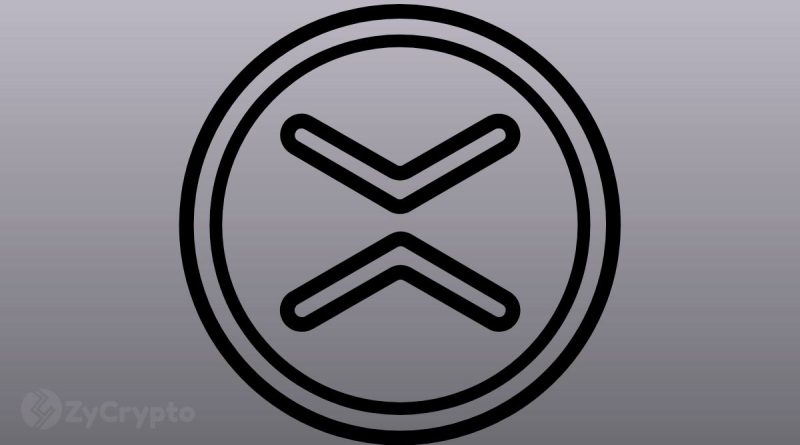Ripple's Chief Legal Officer Explains Reason for Absence Of XRP In The Liquidity Hub
Since launching its liquidity hub last week, Ripple has been making waves in the cryptocurrency world due to the omission of its native cryptocurrency in the product.
The blockchain company launched its liquidity hub for businesses to bridge the gap between cryptocurrencies and fiat, mentioning BTC, ETH, LTC, ETC, USDC and BCH as part of the pilot program and leaving out XRP, ZyCrypto reported.
The omission surprised many and drew criticism from the community, forcing Ripple’s Chief Legal Officer, Stuart Alderoty, to explain the odd situation. In a thread of tweets Monday, Alderoty clarified that the Liquidity Hub is an enterprise product aimed at institutional customers rather than retail investors.
“LH was built to access all kinds of crypto liquidity, not just XRP. Our target LH customers – today mainly institutions in the US – want access to a variety of tokens like BTC, ETH, and stablecoins. We’re here to serve customer demands,” said Alderoty. He said Ripple’s product team has been clear about this from the outset.
Despite XRP’s popularity among retail investors, Alderoty further explained that there is little liquidity for XRP in the US. As such, he noted that they were keen to support XRP in the Liquidity Hub when they could provide a good customer experience. This suggests that Ripple is not opposed to including XRP in the Liquidity Hub in the future. Still, it needs to ensure that doing so provides value to its institutional customers.
Additionally, the lawyer pointed XRP’s absence from the Liquidity Hub to the lack of regulatory clarity in the US.
“XRP does not have regulatory clarity in the US, which is, of course, important to enterprise customers,” he added.
XRP’s regulatory status has been a significant challenge in the US, which is why Ripple is unable to promote its use in their latest product. Notably, Ripple is still embroiled in a high-stakes lawsuit with the U.S. Securities and Exchange Commission (SEC), whose outcome is expected to provide more clarity on the legal status of cryptocurrencies, informing potential regulations for the industry.
However, as Alderoty clarified, Ripple is not opposed to supporting XRP in the Liquidity Hub in the future, provided it can provide a good customer experience and regulatory clarity.
That said, it’s worth noting that Ripple’s sales of XRP, which are reported every quarter, are all to On-Demand-Liquidity (ODL) customers for use in the product, which is thriving globally. This suggests that despite XRP’s regulatory challenges in the US, it continues to enjoy strong demand elsewhere in the world, according to Alderoty.
Source: Read Full Article



